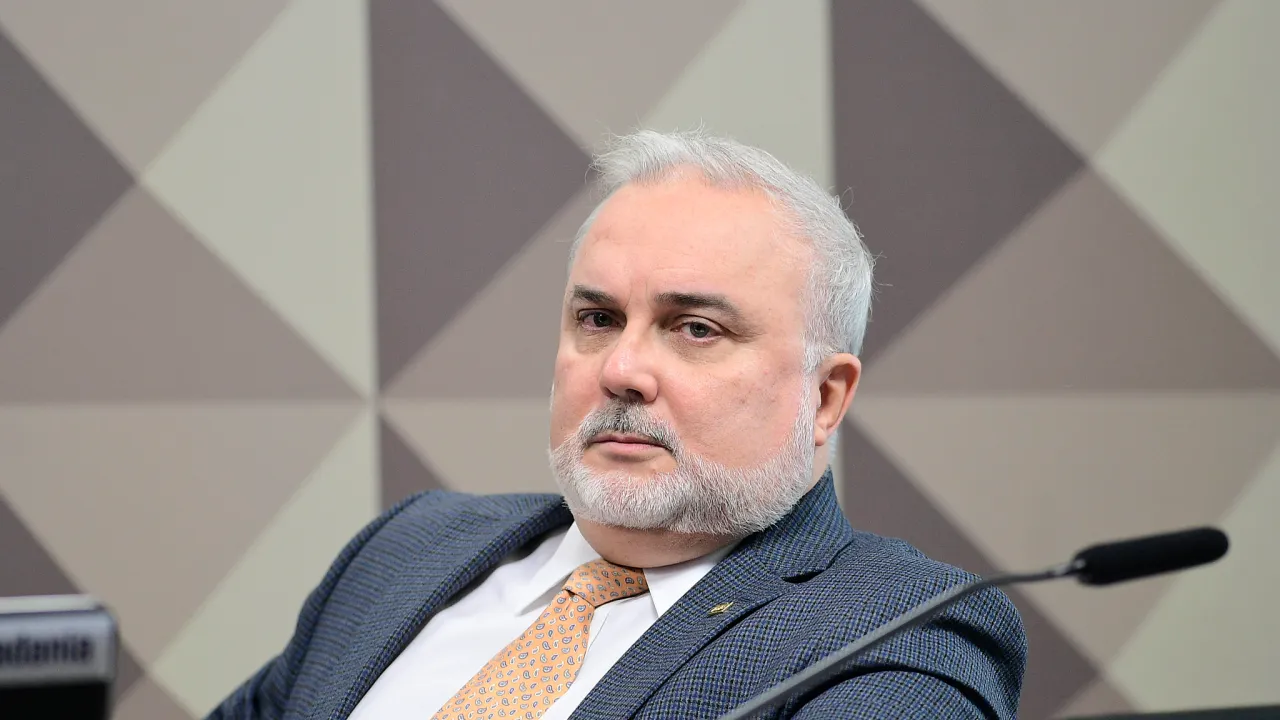President Luiz Inácio Lula da Silva’s administration is reportedly on the verge of making a significant change at the helm of Petrobras, Brazil’s state-controlled oil giant.
The buzz around Brasília is that Jean Paul Prates, the current CEO, is slated for replacement.
Rumors suggest Lula will soon confirm these whispers, marking a pivotal turn in the company’s leadership dynamics.
In the midst of this brewing change, Aloizio Mercadante, head of the Brazilian Development Bank (BNDES), emerges as a favored successor.
Despite his initial hesitance—citing the timing as inappropriate with Prates still in charge—support within the government for Mercadante’s candidacy is swelling.

Prates finds himself cornered by internal critique, notably from Alexandre Silveira, Minister of Mines and Energy, prompting Prates to seek a clarifying dialogue with Lula.
He’s voiced discontent over the apparent lack of presidential support amidst the critique, hinting at possible resignation should this support not materialize.
The roots of this tension trace back to last year, highlighted by public disagreements between Prates and government officials like Silveira and Chief of Staff Rui Costa.
Their critique, compounded by Lula’s silence, seemingly endorses the pushback against Prates.
A specific point of contention was the government’s decision to block Petrobras from issuing extraordinary dividends—a move Prates contested but was ultimately overruled on.
Silveira, in a recent interview, played down the severity of these disagreements, framing them as part of the job’s nature and reaffirming his control over Brazil’s energy sector.
The impending decision on Prates’ fate and the potential ascension of Mercadante is awaited with bated breath, promising to steer Petrobras’ future direction and leadership.
Speculation triggered a swift 5% drop in Petrobras’ stock, wiping out about R$ 2.5 billion ($500 million) in market value quickly. Yet, the stock rebounded.
Background
Luiz Inácio Lula da Silva’s third presidential term marks a decisive shift in Brazil’s economic direction, with a pronounced emphasis on government intervention.

